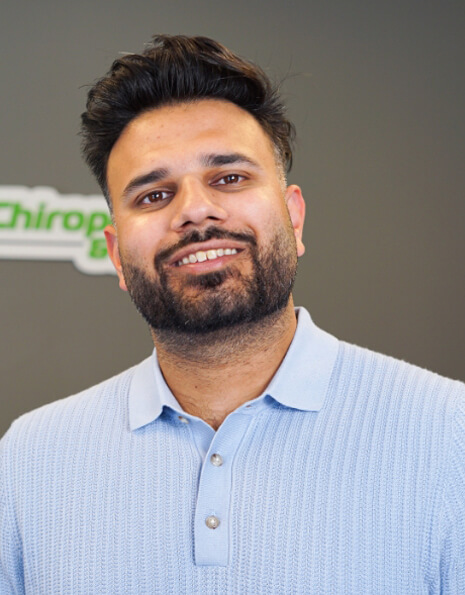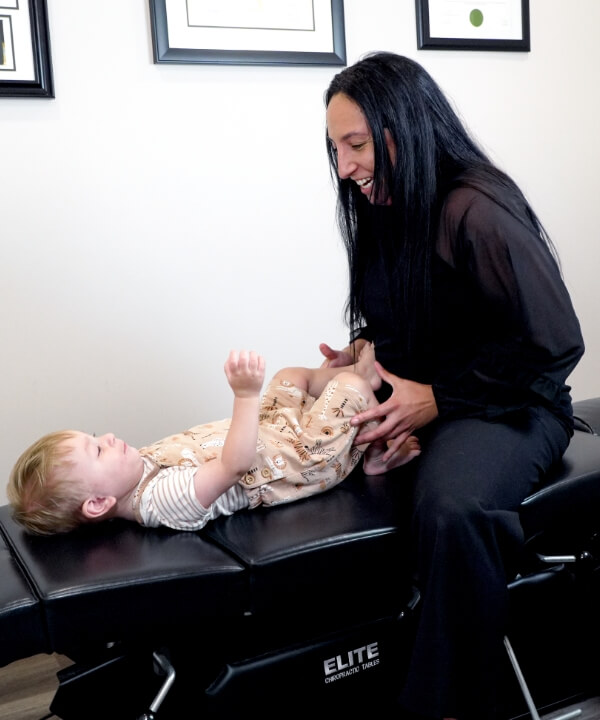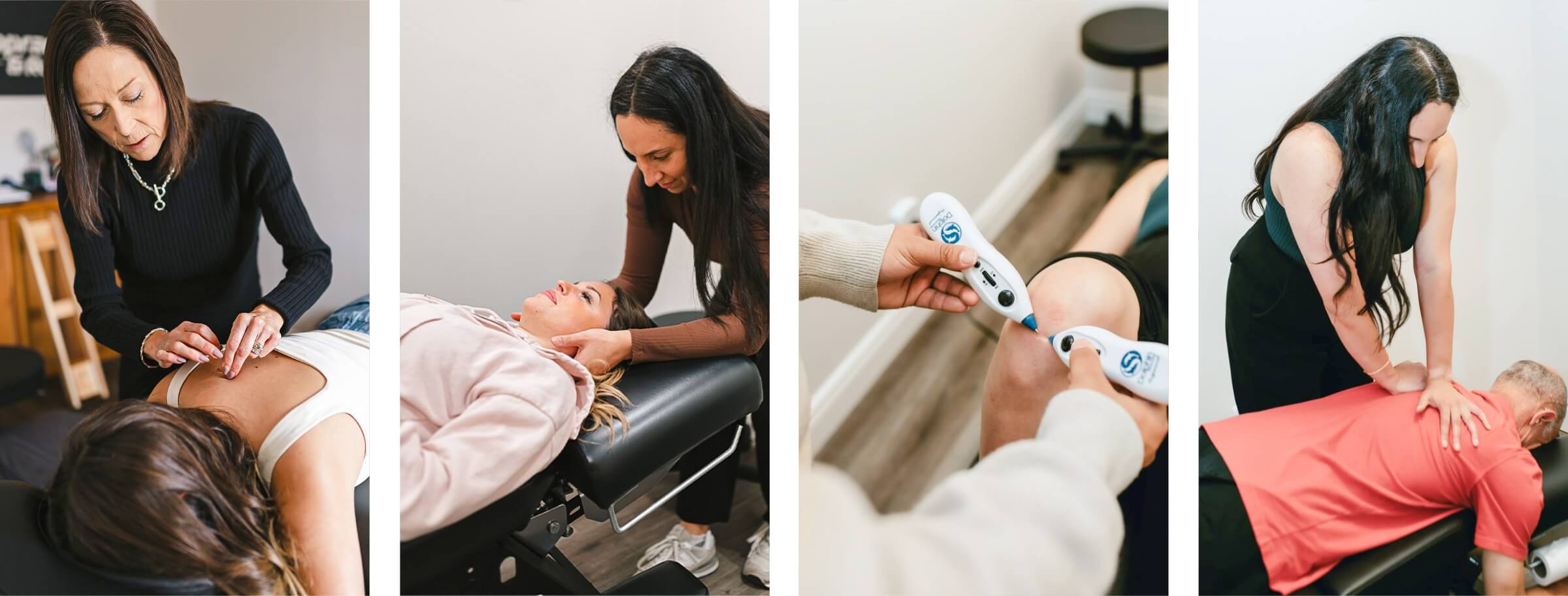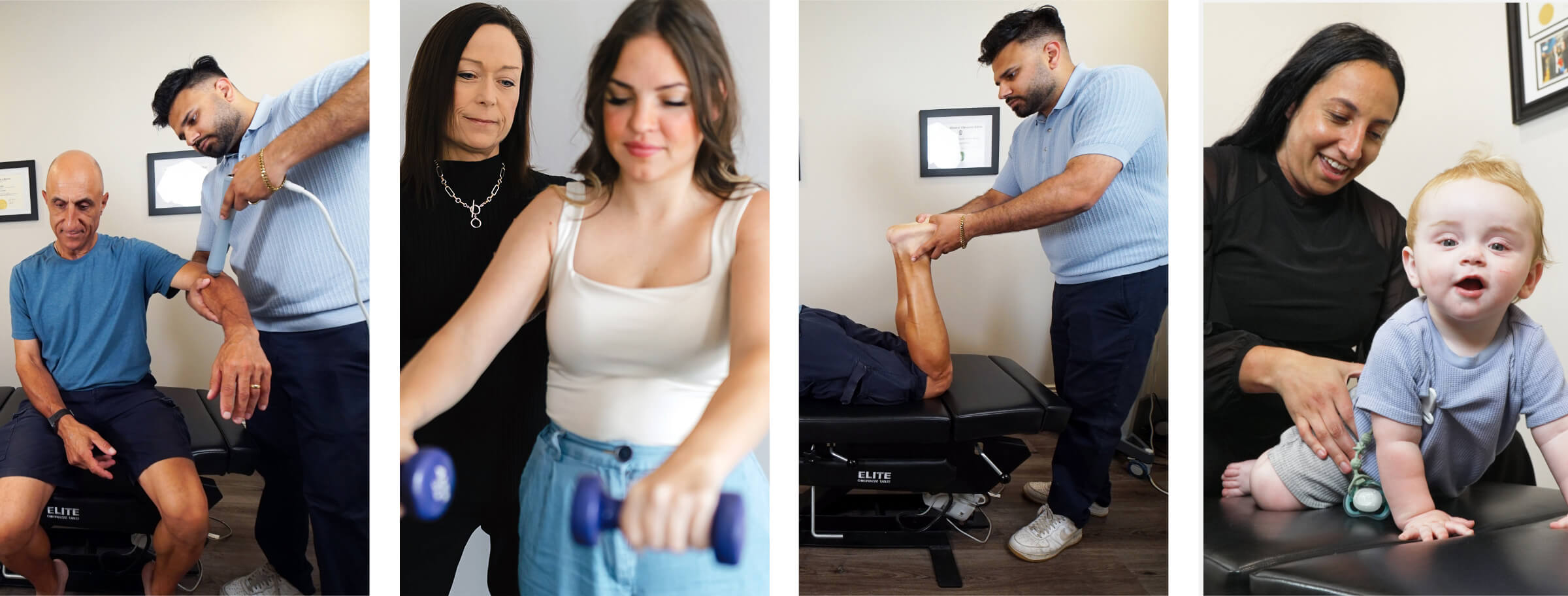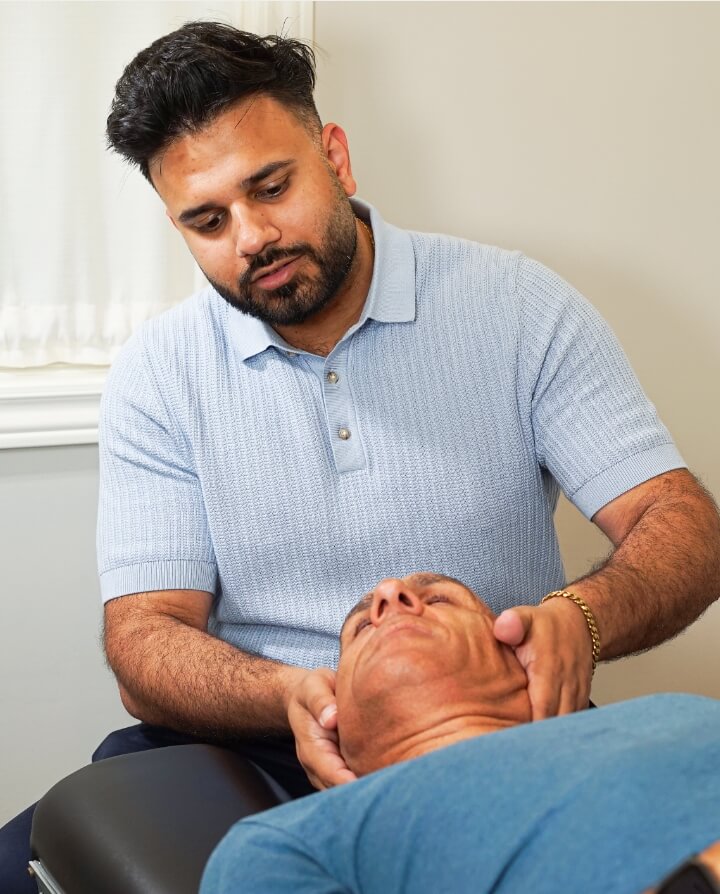
Your Path to Wellness Starts Here at Reset Chiropractic & Rehab
Finding relief from pain shouldn’t feel like an uphill battle. London chiropractors Dr. Jessica Pileggi and Dr. Arjun Bali understand that every ache, every limitation, and every sleepless night affects not just your body but your entire life. Since opening Reset Chiropractic & Rehab in 2023, this husband-and-wife team has been helping families throughout south London discover what it means to truly feel well again.
Your body has an incredible ability to heal when given the proper support. Our evidence-based approach focuses on finding and addressing the root cause of your discomfort rather than masking symptoms with temporary fixes.








